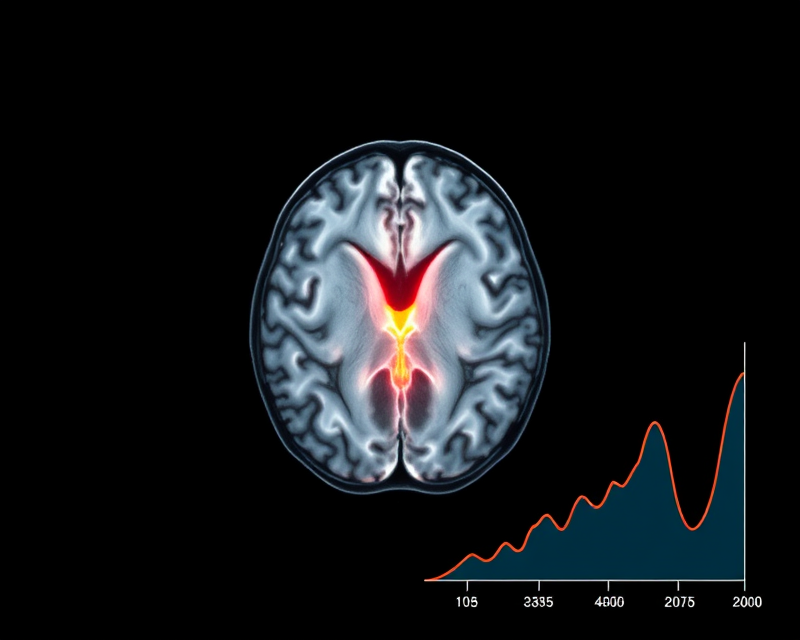The main cause of mitochondrial diseases is the dysfunction of the mitochondrial oxidative respiratory chain, which leads to abnormal oxidative phosphorylation metabolism. As a result, cells are unable to effectively carry out oxidative phosphorylation, giving rise to a series of symptoms. It can affect skeletal muscles, cause brain diseases, or lead to symptoms of external ophthalmoplegia.
Typical symptoms in patients mainly include extreme intolerance to fatigue in skeletal muscles. Most patients experience a gradually progressive disease course. They have weakness in their limbs, and the weakness worsens after exercise and improves after rest. There is no phenomenon of symptoms being milder in the morning and more severe in the evening. The fatigue test for these patients is positive. In most cases, the symptoms cannot be alleviated by neostigmine.


